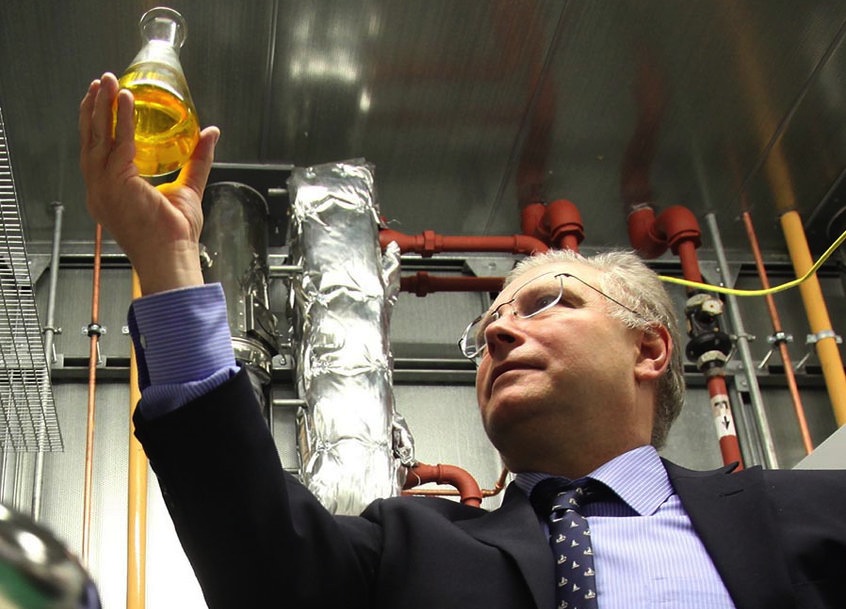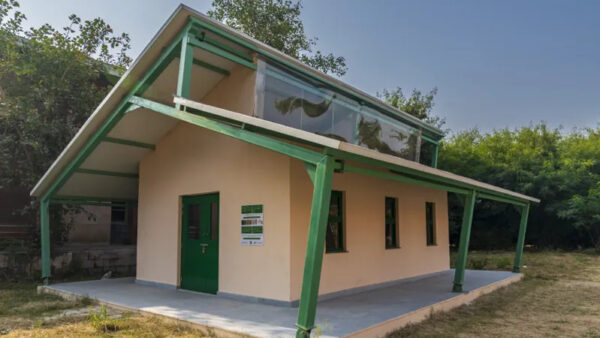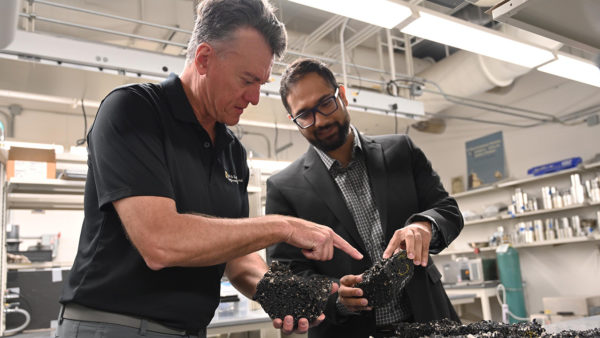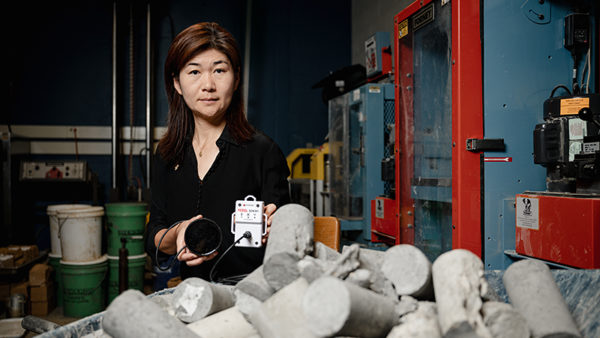An international team of researchers has developed a new heating, cooling and power generating system designed for homes and farms that do not have access to electricity.
They say it could help Africa and other developing regions where a lack of power holds back human development and economic growth.
The system runs on simple biofuels such as oils from pressed seeds, and a key breakthrough is the system’s ability to store the electricity generated for when people need it.
These crops can grow in harsh environments and on poor-quality land and so could be well-suited to providing fuel in developing countries– Tony Roskilly, Newcastle University
Developed by a consortium led by the UK’s Newcastle University, the small-scale combined cooling, heat and power (CHP) system has been designed to provide dependable electricity without the need for a mains connection.
Burning the biofuel generates power, while waste heat is captured and stored in hot water tanks for heating and hot water. Cooling for refrigeration or air conditioning via an absorption chiller can also be run off the waste heat.
“The challenge,” said Professor Tony Roskilly of Newcastle University, “was to design a system that could simultaneously satisfy the more predictable needs for heating and hot water, as well as the wildly varying demand for electricity in a small dwelling.
“Our solution was to incorporate advanced electrical storage into the system, both batteries and the latest supercapacitors, combined with innovative system control.”
The consortium included researchers from University of Leeds, University of Ulster, and three Chinese universities: the Institute of Engineering Thermophysics, Chinese Academy of Sciences; the Institute of Refrigeration and Cryogenics, Shanghai Jiao Tong University; and Guangxi University of Technology.
The research was funded by the UK’s Engineering and Physical Sciences Research Council.

Professor Tony Roskilly with biofuel in his trigeneration lab (Newcastle University)
CHP units have been used by large businesses for years but on small premises, where turning on an appliance such as a kettle can increase the electrical load several fold in seconds, attempts to match the competing demands of electricity and heat undermines the unit’s efficiency, the researchers said.
Before designing the system, the team logged the minute-by-minute energy use in households – previous studies have lost important detail by averaging demand over much longer timescales.
In a typical UK house, the researchers said, heating demand is largely stable when hot water and space heating is required. In contrast, electricity consumption can hover around a hundred watts or so most of the day, but reach peaks of seven kilowatts or more in a matter of seconds, and for just a minute or two.
“Energy storage unlocks the key to the most efficient use of the trigeneration system,” said Roskilly.
To make the system more appropriate for the developing world, the team designed it to be run on biofuels to avoid biodiesel or other highly-processed fuels. It works by burning oils obtained from pressing crop seeds, like those from jatropha and croton.
“These crops can grow in harsh environments and on poor-quality land and so could be well-suited to providing fuel in developing countries, as cultivating them would not adversely affect food production,” Roskilly said.
“The potential demand for this technology in such countries is very large.”
Research on a cryogenic energy storage system has also been patented by Leeds University.
Now, in a follow-up study funded by the UK, Roskilly is exploring how the “trigeneration” system can be used on small farms in the developing world to refrigerate and process food crops, to reduce post-harvest losses.
The Newcastle team are currently examining the long-term performance of the system running on ‘raw’ plant oils studies, and are in discussion with manufacturers with a view to commercialising the design. Â
The three-and-a-half-year project ‘Biofuel Microgeneration with Cryogenic Energy Storage’ has received state funding of just over £1.13m so far.










